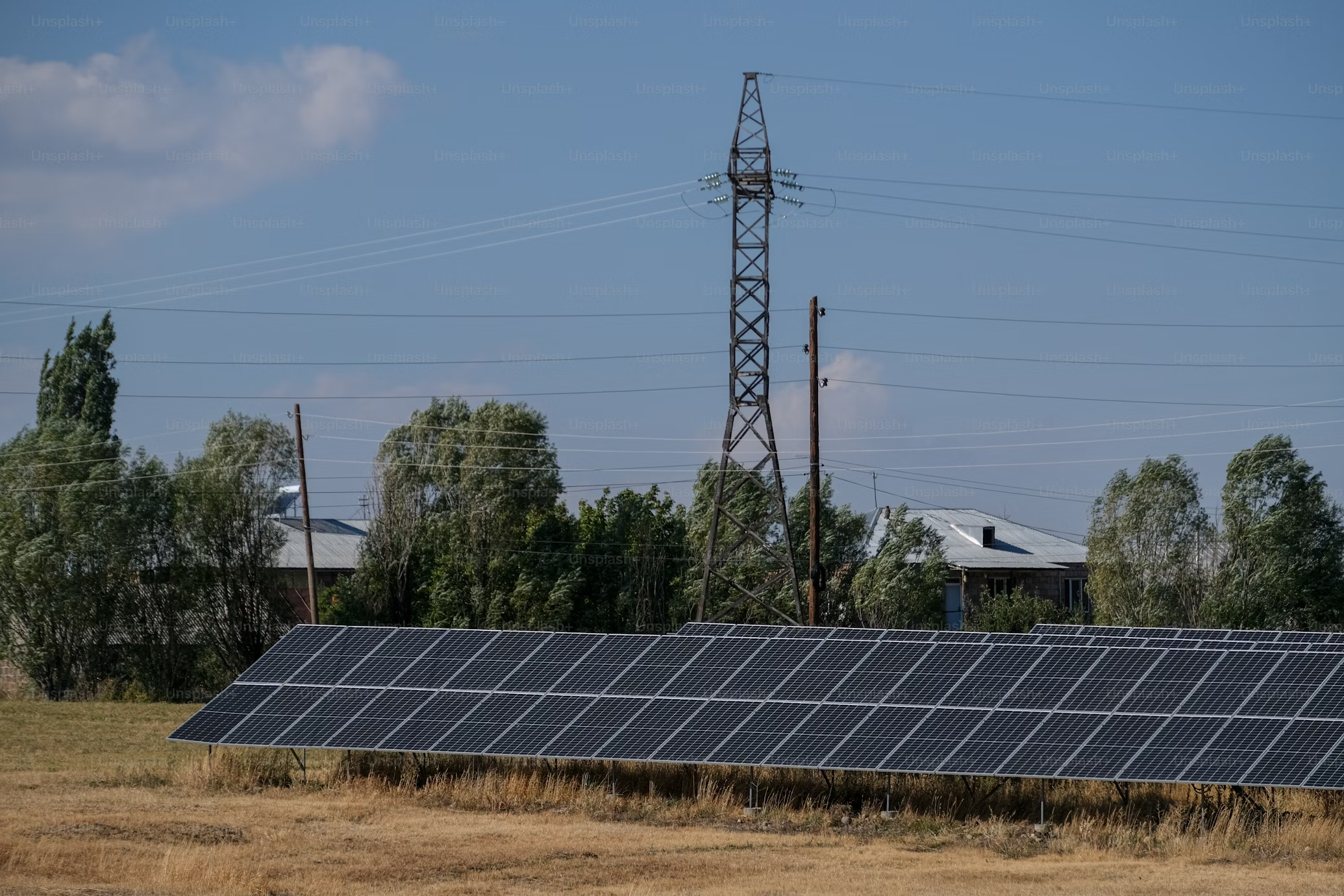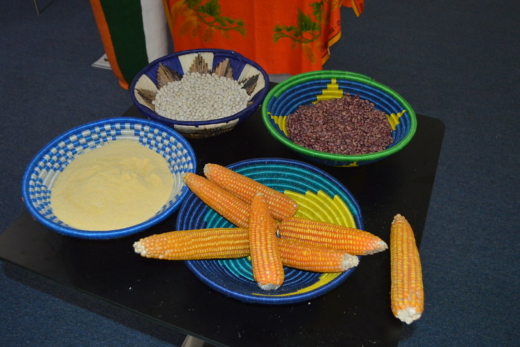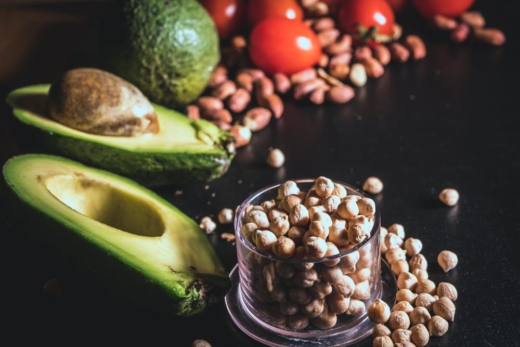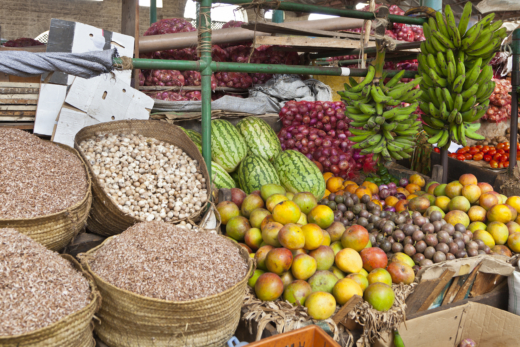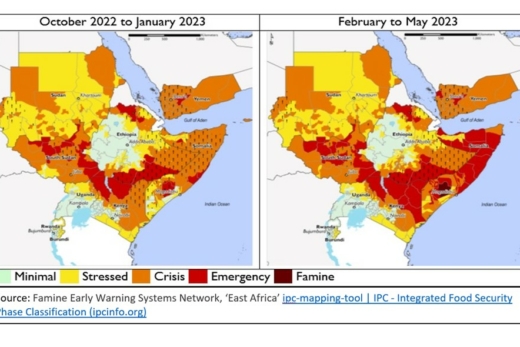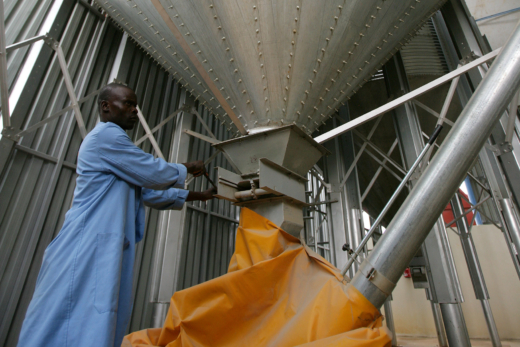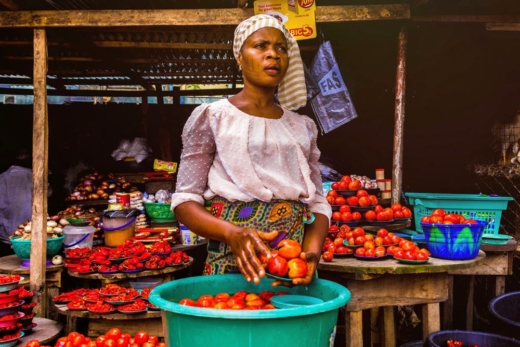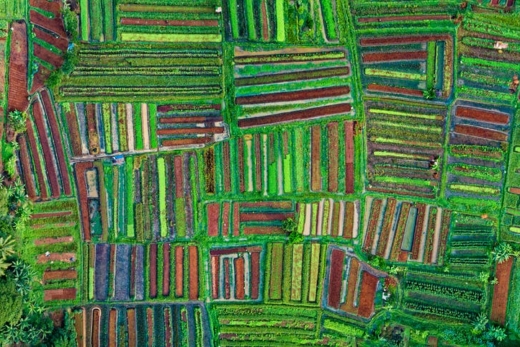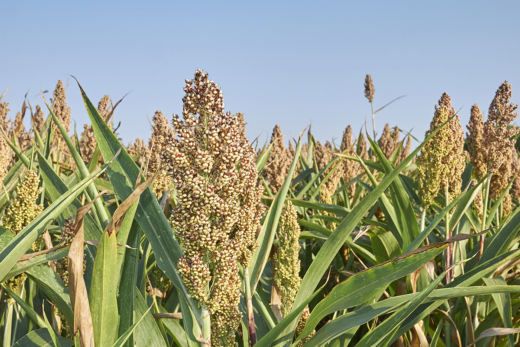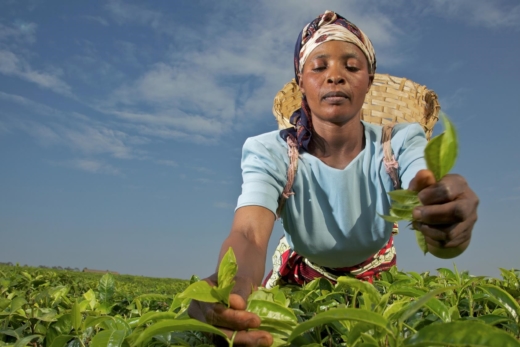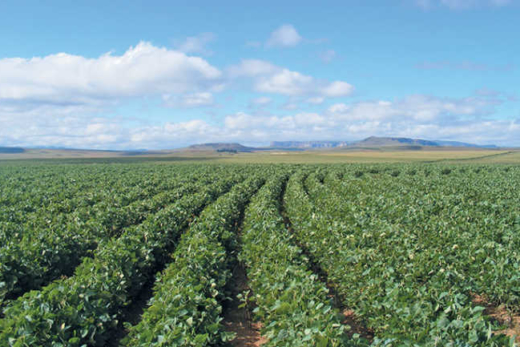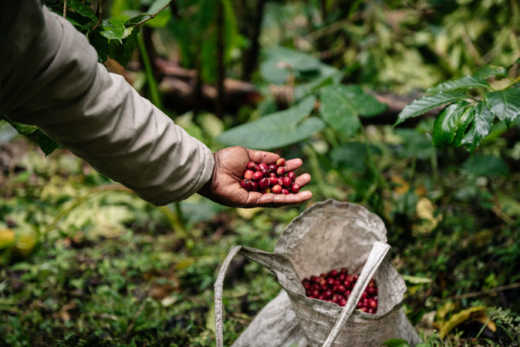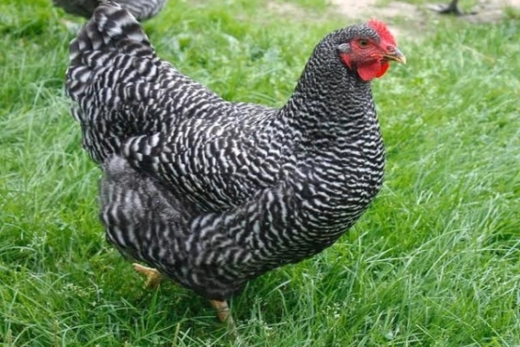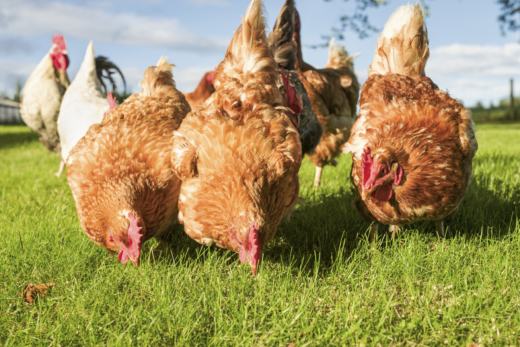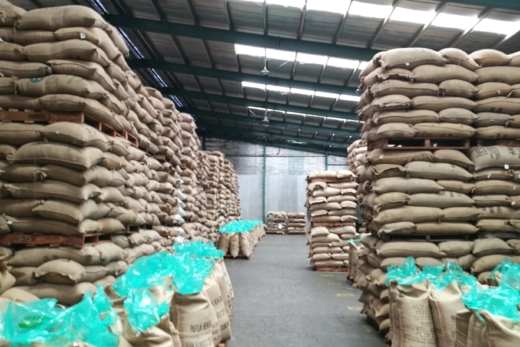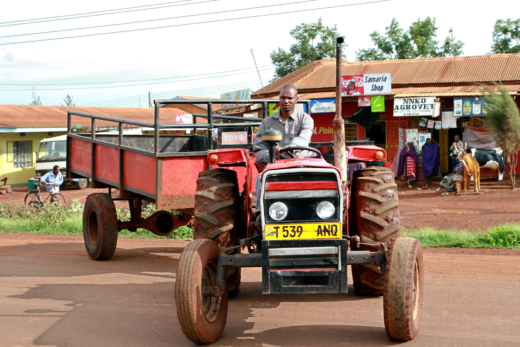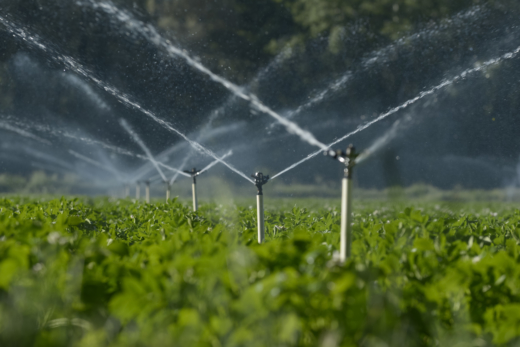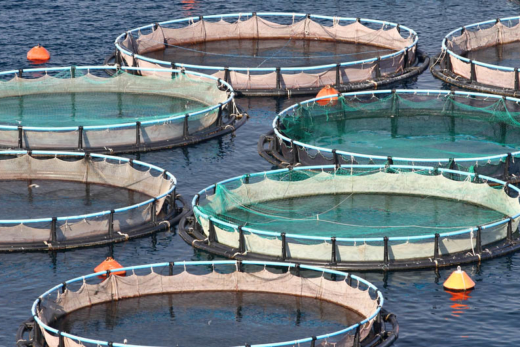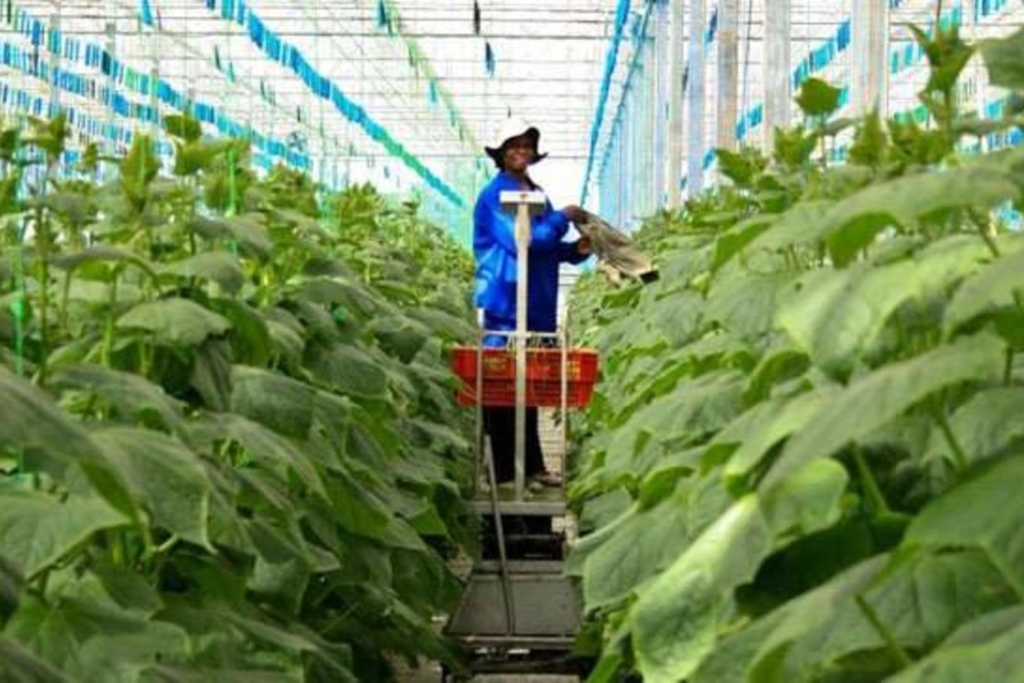
Description
The Alliance for a Green Revolution in Africa (AGRA) contracted Wellspring to document the lessons learned on the deal screening processes used by two agricultural impact investors operating in Tanzania: Equity for Tanzania (EFTA) and the Small and Medium Sized Enterprises (SME) impact Fund (SIF). The aim of the study was to understand how SIF and EFTA’s deal screening processes, including the provision of pre-investment Technical Assistance (TA) and/ or Business Development Support (BDS), could be made more effective.
We made use of the following techniques:
- Face to face consultations with 25 SMEs based in Tanzania, to understand their capacity to access finance, their BDS needs and their perceptions around the investment application process.
- Additional telephone surveys.
- Consultations with various impact investors and some fintech providers.
- Desk-research, including analysis of data provided by SIF and EFTA on the SMEs that applied for finance.
We found that to identify high-potential SMEs investors need access to information on observable and unobservable characteristics:
- The problem is that in a Tanzanian setting, ‘observable’ characteristics, such as the SMEs’ revenue are costly to obtain. This can lead investors to spend too much time on SMEs on early stage SMEs that don’t have a realistic chance of receiving investment.
- ‘Unobservable characteristics’, such as the character of the management team, commitment to agriculture, can only be learned over time by working with the SME.
- Investors need to market themselves effectively to a wide group of SMEs and then using pre-screening to narrow down to a sub-set of high potential SMEs as efficiently as possible.
- We found that: Agricultural events, radio adverts, visits from staff and training/ seminars are the most effective ways for investors to market themselves to investable SMEs.
- Some SMEs do not appreciate the benefits of BDS until after they have received it, and so can attach limited value to investors’ technical support offering. Instead they place a higher value on being able to access specialized agri-products, particularly seasonal repayment, to improve their demand for finance.
- From the investors’ perspective there is a need for more incubation facilities linked to agri-investors to improve the pipeline of investable SMEs.






